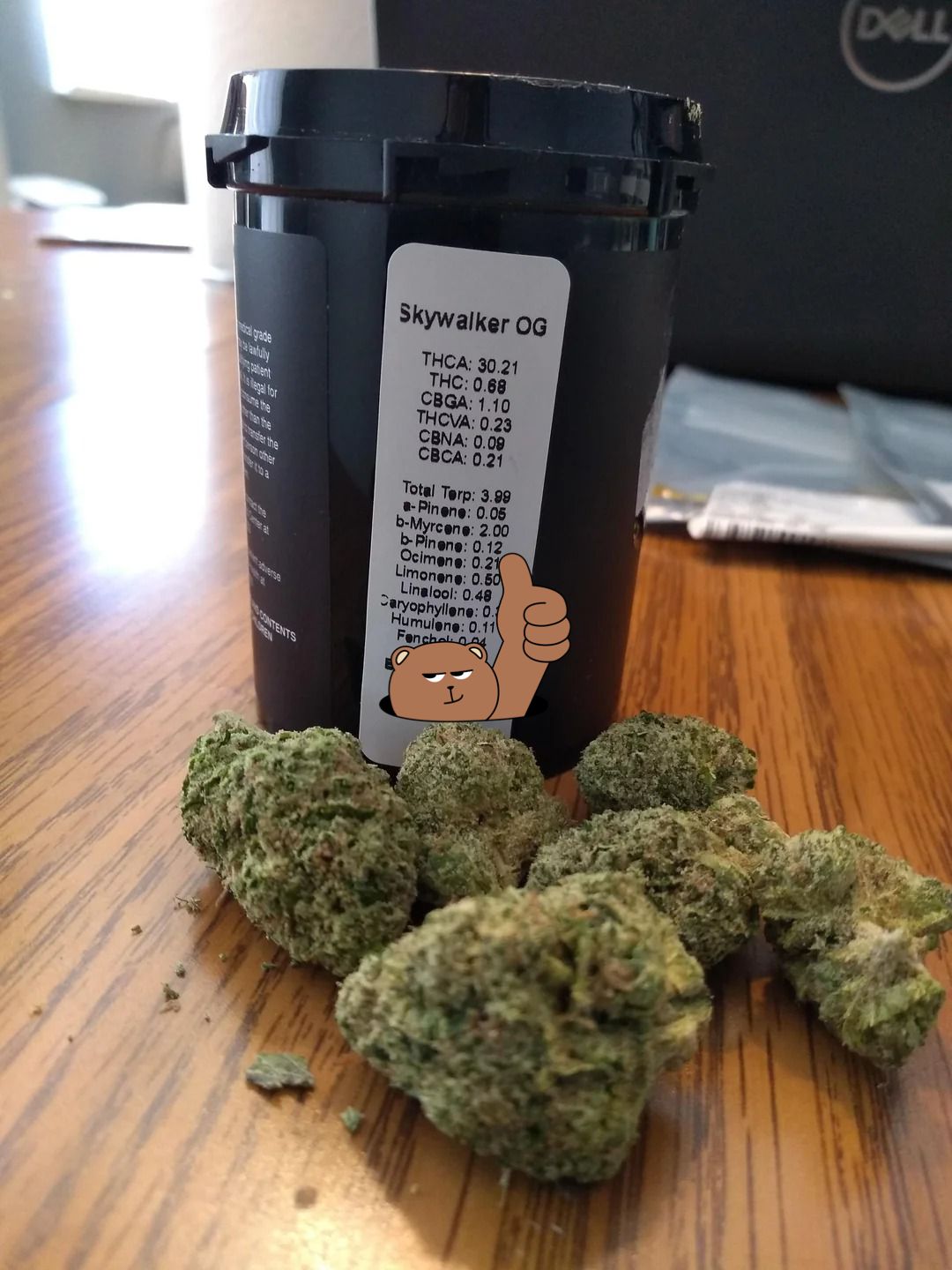Cannabis in Rionegro: Legal Shifts, Cultural Changes, and Economic Possibilities

Rionegro, a picturesque town nestled in the Antioquia Department of Colombia, is known for its rich history, beautiful landscapes, and proximity to Medellín, Colombia’s second-largest city. Historically an agricultural hub, Rionegro has evolved into a thriving area with a growing industrial base. Recently, the town has begun to experience the ripple effects of Colombia’s evolving stance on cannabis, as the country’s cannabis policies shift to allow for more progressive use, both medicinal and recreational. These changes could have significant social, cultural, and economic impacts on Rionegro and its surrounding areas.
Legal Landscape: A Move Toward Decriminalization and Medical Use
In 2022, Colombia took a major step toward cannabis reform by decriminalizing the possession of up to 20 grams of marijuana for personal use. This legal change allows individuals in Rionegro, as well as across the country, to possess small amounts of cannabis without facing criminal prosecution, as long as they adhere to the 20-gram limit. However, while personal possession is no longer considered a criminal act, the sale and distribution of cannabis remain illegal in Colombia, meaning there are still obstacles to creating a fully regulated cannabis market for recreational use on weed in Rionegro.
On the other hand, Colombia has made significant strides in the area of medical cannabis. The country has put in place a framework that supports the cultivation, processing, and exportation of cannabis for medicinal purposes. This shift in policy has opened doors for towns like Rionegro to participate in the burgeoning medical cannabis industry. With Colombia positioning itself as a key player in the global medical cannabis market, there are increasing opportunities for agricultural regions like Rionegro to cultivate cannabis for medicinal use, potentially reaping both local and international economic benefits on weed in Rionegro.
Changing Cultural Attitudes: Acceptance and Education
Like much of the country, Rionegro historically had a negative view of cannabis, with its use linked to illegal drug trade violence and social issues. However, with the recent decriminalization of marijuana and increased public awareness of the plant’s medicinal benefits, attitudes are slowly beginning to shift on weed in Rionegro.
The younger generations in Rionegro, much like in other parts of Colombia, are increasingly more open to cannabis, particularly due to its potential health benefits. As medical research continues to uncover the therapeutic properties of cannabis, it has become more widely accepted as a legitimate form of medicine rather than a recreational drug on weed in Rionegro.
Local schools, universities, and public health campaigns are helping to educate the population about cannabis’s medicinal uses, side effects, and potential benefits. This is an essential step in overcoming the stigma that has long been associated with cannabis in Colombia, including in towns like Rionegro.
Economic Opportunities: Cannabis in Agriculture and Industry
Rionegro, with its fertile land and agricultural heritage, stands to benefit from the growing medical cannabis market. As Colombia opens up to the idea of legal cannabis cultivation for medical purposes, local farmers in Rionegro could diversify their production, planting cannabis alongside traditional crops like coffee and vegetables.
Colombia has put in place regulations that make it possible for farmers and businesses to grow cannabis for medical use. With a growing global demand for medical cannabis products, Rionegro could position itself as an important player in the industry. This would not only open new markets for local farmers but could also create job opportunities in areas such as processing, packaging, and distribution.
Furthermore, Rionegro’s proximity to Medellín, an industrial and commercial hub, could provide logistical advantages for cannabis businesses. The ease of transportation, coupled with access to regional and international markets, means that the town could play a significant role in the production and export of cannabis-based products.
Public Health and Responsible Cannabis Use
As cannabis use becomes more widespread in Colombia, including in Rionegro, it is crucial to ensure that the public is educated about responsible consumption. While cannabis has many medicinal benefits, it is essential for users to understand its potential risks. For instance, excessive use, particularly among younger individuals, could lead to negative health consequences, including mental health issues.
Public health campaigns in Rionegro could focus on educating residents about the risks of excessive cannabis use, while also promoting its medicinal benefits. Additionally, the local government could implement regulations to limit cannabis consumption in public spaces, similar to the restrictions placed on alcohol and tobacco. This would help ensure that cannabis use does not negatively impact non-users, particularly in public or shared spaces.
The Future of Cannabis in Rionegro
Rionegro is at the crossroads of a significant opportunity. With Colombia’s cannabis reform gaining momentum, the town could play a key role in the future of the country’s cannabis industry. The legalization of medical cannabis, paired with a shift in social attitudes toward marijuana, offers both social and economic potential for Rionegro. The town’s agricultural base, skilled workforce, and proximity to Medellín make it an ideal location to embrace cannabis cultivation, processing, and distribution.
If Rionegro can navigate the challenges of cannabis regulation and integrate responsible consumption into the community, it has the potential to benefit from the expanding medical cannabis industry. The town could become a major player in Colombia’s cannabis economy, offering economic growth, job creation, and new business opportunities, while also improving public health through access to medicinal cannabis.
As Colombia continues to move forward with cannabis reform, Rionegro’s role in the industry will likely grow, bringing with it opportunities for both social and economic progress in the region. With the right investment and education, Rionegro can contribute to shaping the future of cannabis in Colombia.

Skywalker product exceeded my expectations in both potency and purity, I really appreciated the discretion and professionalism in the delivery process , you can reach to him on Telegram t.me/skywalkerOG_1 and also there email realskywalkerog1@gmail.com
“Man, that skywalker OG you gave me last night was fire. Smoothest smoke I’ve had in months.”

Great service, easy to work with and I’m very satisfied. I’m so happy I found skywalker here. He is super responsive, on time and the quality of weed he sells are serious on point and top notch.